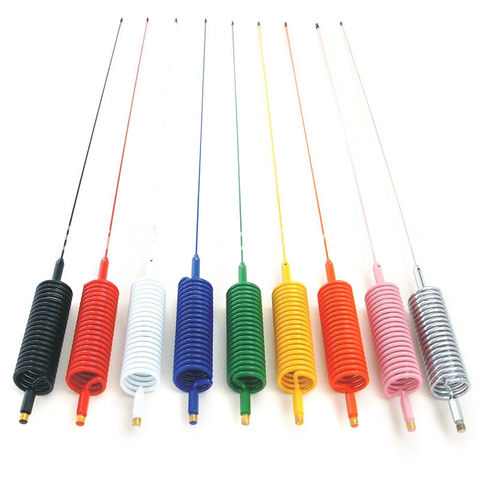
copper electronics has long been a cornerstone in the field of electronics, playing a crucial role in the performance and reliability of various electronic devices. Known for its excellent electrical conductivity, malleability, and resistance to corrosion, copper’s applications in electronics are diverse and vital to the advancement of technology.
One of the primary applications of copper in electronics is in the manufacturing of printed circuit boards (PCBs). PCBs serve as the foundational platforms for connecting and supporting electronic components in devices such as computers, smartphones, and televisions. Copper is used in PCBs to create conductive pathways that facilitate the transmission of electrical signals between different components. Its superior conductivity ensures minimal signal loss and high efficiency in these circuits, which is essential for the reliable operation of electronic devices.
Copper is also integral in the production of various electronic connectors and wiring. In connectors, copper’s conductive properties allow for efficient transmission of electrical signals between different parts of a device or between devices. For wiring, copper’s flexibility and durability make it an ideal material for both power and data transmission. This is particularly important in high-performance computing and telecommunications, where reliable and rapid signal transfer is crucial.
Another significant application of copper in electronics is in the manufacture of electrical contacts and switches. The metal’s resistance to wear and its ability to maintain conductivity over time make it a preferred choice for these components. High-quality electrical contacts and switches are essential for ensuring the consistent and reliable operation of electronic devices, from everyday household items to complex industrial machinery.
In addition to its use in traditional electronic applications, copper is increasingly important in emerging technologies. For instance, in renewable energy systems such as solar panels, copper is used in the production of photovoltaic cells and wiring. Its efficiency in conducting electricity enhances the performance of solar energy systems, contributing to the advancement of sustainable energy solutions.
Despite its many advantages, the use of copper in electronics also comes with considerations related to cost and environmental impact. Copper extraction and processing involve significant energy consumption and environmental considerations, prompting ongoing research into more sustainable practices and alternative materials.
In summary, copper plays a fundamental role in modern electronics due to its excellent conductivity, flexibility, and durability. Its applications range from PCBs and wiring to connectors and switches, underscoring its importance in both traditional and cutting-edge technologies. As the electronics industry continues to evolve, copper remains a critical material, driving innovation and performance across a wide range of electronic devices and systems.
0 Comments